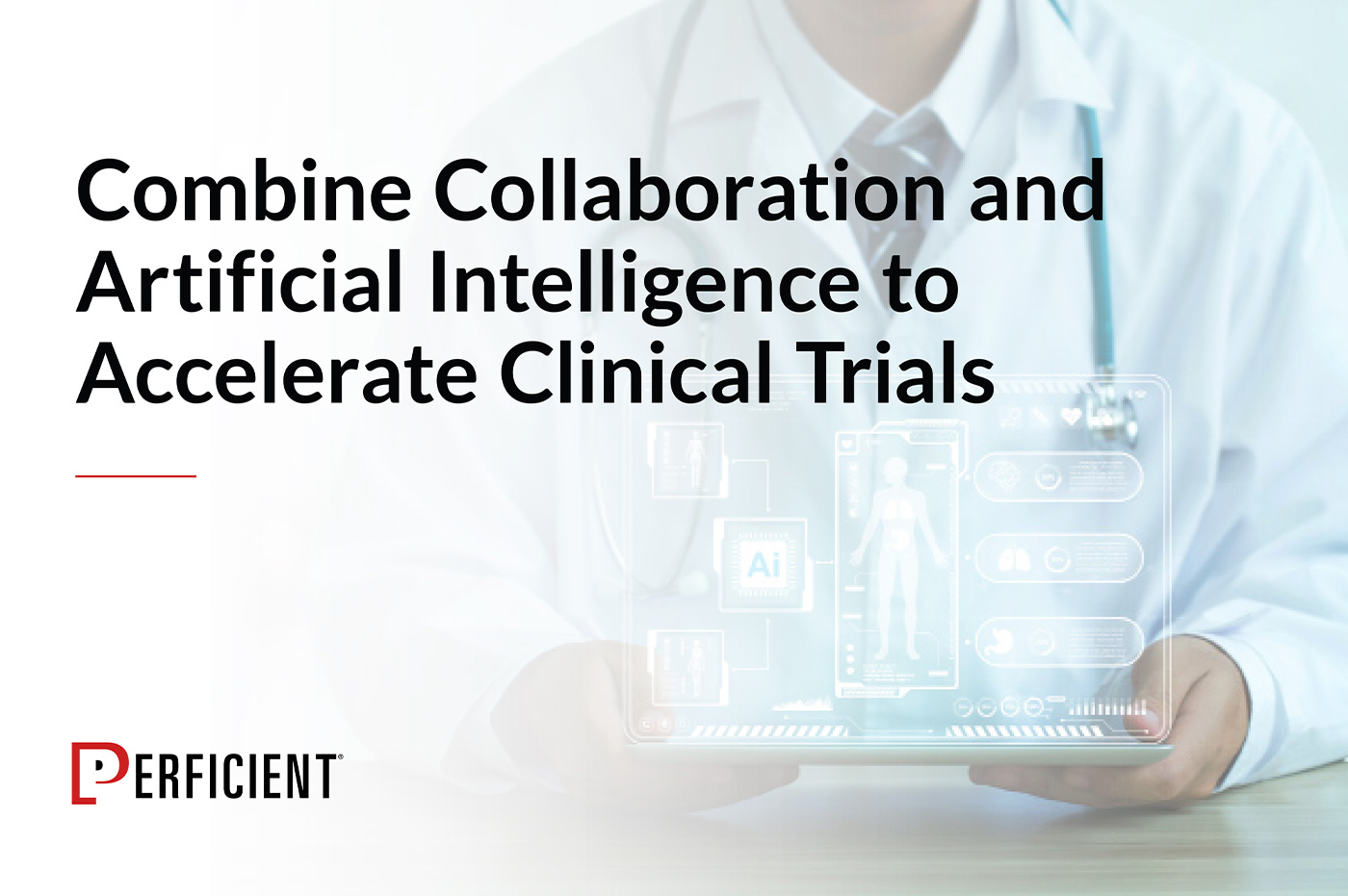While big data is a catchy buzzword and many race to offer their own definition of it, many still struggle to understand what it really means and question its real value.
According to a recent survey conducted by Talend, only 10% of respondents were engaged in a large scale big data implementation project, while 36% have discussed using a big data approach within their organizations. One reason companies hesitate to jump on the big data bandwagon could, in fact, be due to a lack of understanding about its real-life benefits. So, rather than give another definition of big data, I’d like to offer several examples of questions that academic medical centers (AMCs) or hospitals can answer with the right big data solutions in place.
- For patients who have Leukemia, have been seen at your facility two or more times in the past 36 months, and turned 18 within the past 12 months, how many had at least one visit at your AMC, one visit at a
 partner hospital, and at least one visit at any facility within your entire health system?
partner hospital, and at least one visit at any facility within your entire health system? - How many patients had a CT or MRI head scan or an EEG performed within 12 months of their first visit at a partner hospital?
- How many patients at your AMC had an adverse event while taking a Leukemia medication?
- How many siblings are seen for Leukemia at your AMC versus a partner hospital?
- For adults admitted to your AMC, how many admissions for one of their children occurred at a partner hospital?
- For a given list of commonly used Leukemia medications, how many patients had at least one laboratory monitoring test ordered in the past 2 years at all institutions?
While some questions are more complex than others and can involve data from a variety of sources and organizations, they can be answered with big data. Having these sorts of questions answered enables organizations to provide better patient care at lower costs. That’s big data at its best.
Perficient has extensive experience helping life sciences and healthcare organizations implement data warehousing and analytics solutions, such as Oracle’s Enterprise Healthcare Analytics and Translational Research Center (TRC).
As you begin to evaluate solutions that enable precision medicine, I invite you to watch a recent webinar our healthcare and life sciences practices delivered: Combining Patient Records, Genomic Data and Environmental Data to Enable Translational Medicine
If you’d like to discuss your organization’s specific requirements, please contact us. We’d love to hear from you and share what we’ve done for our clients.
